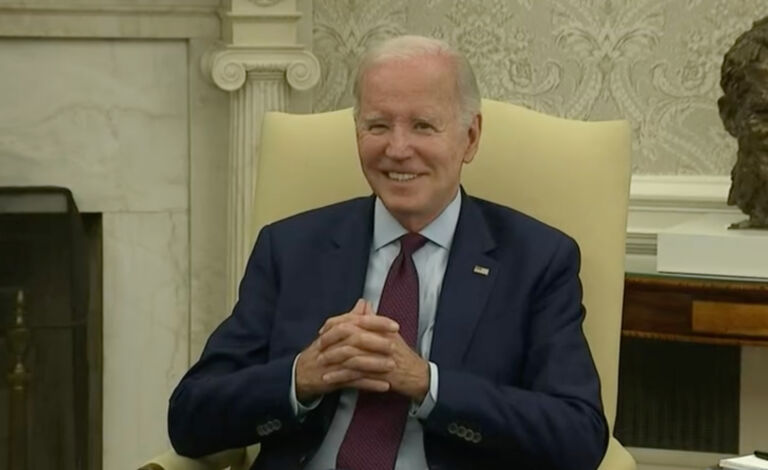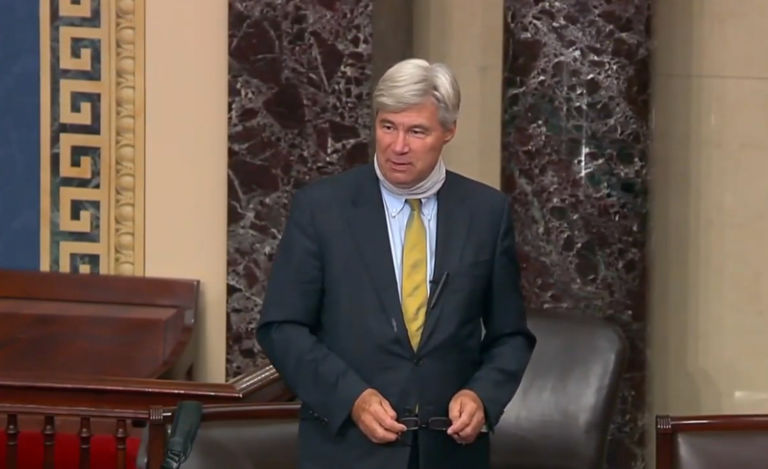This is a standard claim of progressives and their biggest complaint against not only the recent Hobby Lobby ruling regarding the HHS contraceptive mandate but also the Citizens United decision which ruled that corporations had First Amendment rights with respect to free speech and campaign contributions. In a recent blog post at the Bloomberg View.com Megan McCardle, in the context of the Hobby Lobby decision, gives one of the best responses to this that I have seen. What she demonstrates is that it would be absurd to assume otherwise. Quoting McCardle:
Why does the Supreme Court think corporations are people? Isn’t that obviously ridiculous?
The Supreme Court does not think that corporations are people in the sense that you mean — the Supreme Court will not be ruling that Wendy’s has a Title IX right to play college sports. But we extend corporations many of the rights that people get because otherwise the results would be horrifying: The government would have the right to shut down the presses at the New York Times; search Google’s servers without a warrant whenever they liked; tell churches (usually organized as corporations) what they could believe; deny nonprofits the right to organize protests; and otherwise abridge fundamental human rights.
Of course, the Hobby lobby case was much more limited than this, although I wish it was broader. McCardle goes on to point out that:
In this case, the ruling is that closely held corporations (companies where five or fewer people own more than half the stock) are in some sense an extension of their owners, and therefore enjoy the same rights as sole proprietors and partnerships to exercise their beliefs.


